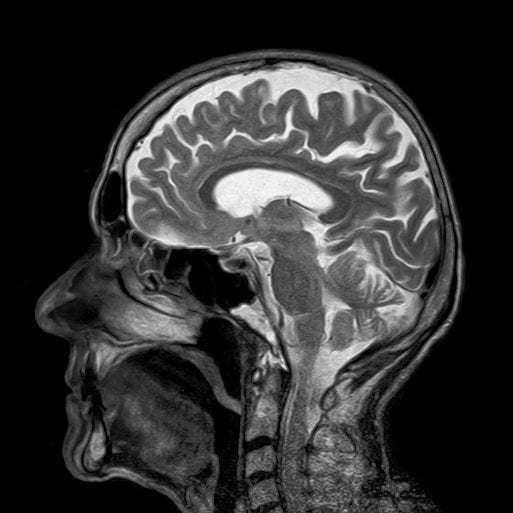 According to a recent study conducted by UC Berkeley and Ben-Gurion University, drugs that reduce inflammation in the brain may also be useful for combating cognitive decline. The study, headed by Daniela Kaufer and Alon Friedman, focused on the effects of these anti-inflammatory drugs on lab mice with impaired cognition. As the inflammation in their brains was reduced, they showed improved cognitive abilities — in some cases, even performing comparably with mice half their age.
According to a recent study conducted by UC Berkeley and Ben-Gurion University, drugs that reduce inflammation in the brain may also be useful for combating cognitive decline. The study, headed by Daniela Kaufer and Alon Friedman, focused on the effects of these anti-inflammatory drugs on lab mice with impaired cognition. As the inflammation in their brains was reduced, they showed improved cognitive abilities — in some cases, even performing comparably with mice half their age.
Kaufer explains that while it’s common to think of cognitive decline as a loss of function, it can be understood more as a hindering of function — “a ‘fog’ of inflammatory load.” What that means is that when you lose a particular cognitive ability — playing the piano, for instance — it doesn’t simply disappear from your brain, but rather becomes temporarily inaccessible. This has very hopeful implications for the reversal of cognitive decline. So hopeful, in fact, that Kaufer offers a very optimistic summary of the study’s findings: “We can reverse brain aging.”

Reversing cognitive decline could restore forgotten skills.
Credit: Lukas Budimaier
Inflammation Caused by a Faulty Blood-Brain Barrier
So what causes this inflammation, or “fog,” in the first place? As our brains age, the filtering system that prevents harmful organisms from entering our brain via the bloodstream becomes less effective. When these organisms enter the brain, it can lead to inflammation and cell death. Around 60 percent of adults over age 70 have faulty “blood-brain barriers,” or filtration systems.
While previous research has suggested the role of blood-brain barriers in cognitive decline, Kaufer and Friedman discovered that brain inflammation occurs primarily when a blood protein called albumin enters the brain. Albumin binds to the receptors of certain brain cells called astrocytes, which causes the spread of inflammation and a heightened risk of seizure-like activity in the brain.
Good News for Alzheimer’s and Epilepsy Patients
This study presents valuable clues not only for cognitive decline, but for more advanced brain conditions like Alzheimer’s and epilepsy. Inflammation can lead to lapses in the brain’s normal rhythms, causing “mini-seizures” that can create some of the symptoms seen in Alzheimer’s patients.
Along with their collaborator Barry Hart, Kaufer and Friedman have started a company to develop a drug that would heal the blood-brain barrier. If they succeed, patients with cognitive impairments could look forward to vastly improved treatment options.

 Anti-Inflammatory Drugs May Reverse Cognitive Decline
Anti-Inflammatory Drugs May Reverse Cognitive Decline


 First the Wealth Gap, Now the U.S. Has a Growing Health Gap
First the Wealth Gap, Now the U.S. Has a Growing Health Gap
 How to Comfort A Dying Loved One
How to Comfort A Dying Loved One
 Our Annual Seven Holiday Gifts for Someone Who Is Grieving, 2024 Edition
Our Annual Seven Holiday Gifts for Someone Who Is Grieving, 2024 Edition














